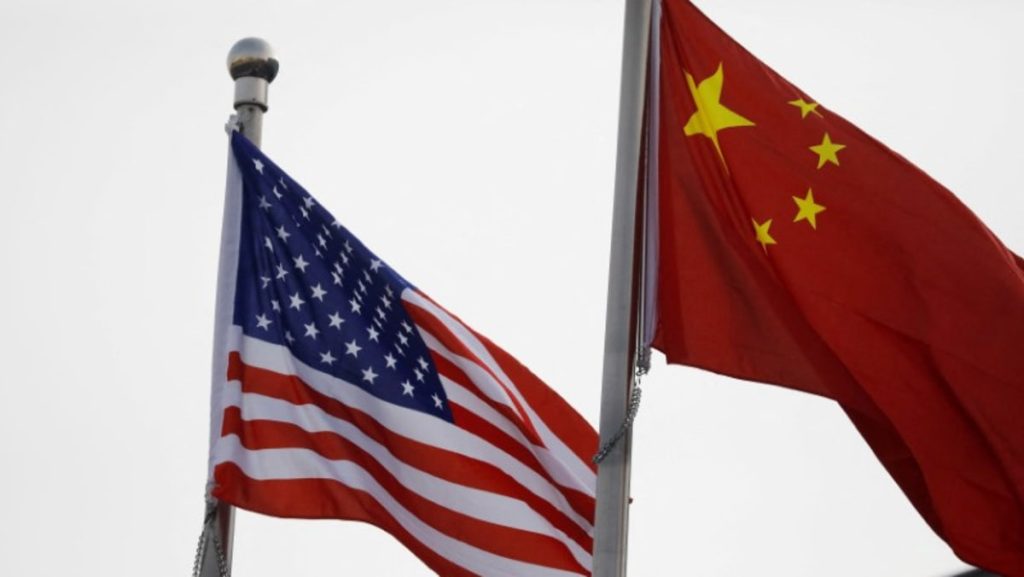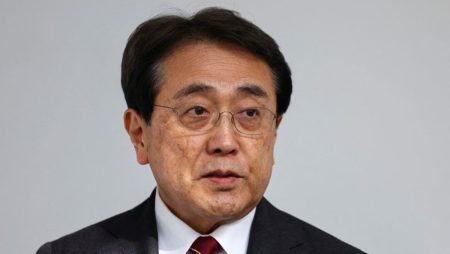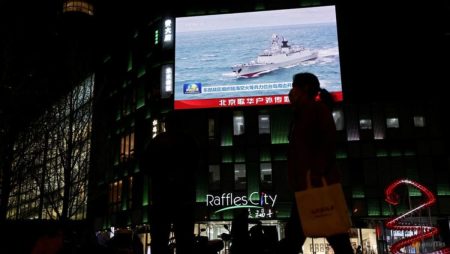China’s response to the recent imposition of tariffs by the Trump administration marks a significant departure from its approach in 2018, signaling a calculated shift in strategy. In the previous trade skirmish, Beijing swiftly retaliated with mirroring tariffs, igniting a full-blown trade war that inflicted economic pain on both nations and reverberated globally. This time, however, China has refrained from immediate retaliation, opting for a more cautious and strategic approach. While authorities have issued warnings of potential countermeasures, the emphasis has been on safeguarding national interests without escalating tensions. This calculated restraint suggests a desire to avoid a repeat of the damaging trade war, particularly given China’s current domestic economic vulnerabilities.
Several factors contribute to China’s more measured response. Experts point to the country’s internal economic challenges, including weak consumer spending and concerns over local government debt, as key drivers of this shift. A renewed trade war would exacerbate these existing pressures, potentially undermining China’s economic stability. Moreover, the global economic landscape has evolved since 2018, with heightened geopolitical uncertainties and a greater awareness of the interconnectedness of global trade. China’s more nuanced approach reflects a recognition of these complexities and a desire to avoid further disruption to the global economy.
The decision to hold back on immediate retaliation can be viewed as a tactical maneuver that allows China to assess the evolving situation. By observing how the tariffs impact Canada and Mexico, China gains valuable insights into the Trump administration’s trade strategy and potential vulnerabilities. This period of observation also provides China with an opportunity to explore alternative avenues for resolving the dispute, including potential negotiations with the US. Delaying retaliation creates space for dialogue and provides leverage for future negotiations, potentially mitigating the impact of the tariffs.
The historical context of the US-China relationship further illuminates China’s current strategy. Prior to his inauguration, President Trump engaged in what he described as a “good, friendly” phone call with President Xi, extending an invitation to his inauguration. These initial interactions suggested a potential for amicable relations between the two leaders. Subsequent statements by Trump, however, indicated a willingness to utilize tariffs as a tool to address trade imbalances. While expressing a preference for negotiation, Trump’s characterization of tariffs as a “tremendous power” hinted at the potential for escalation. This combination of conciliatory gestures and aggressive posturing creates a complex backdrop for understanding China’s calculated restraint.
The initial tariffs imposed by the Trump administration were described as an “opening salvo,” implying the potential for further escalation. This statement, coupled with Trump’s assertion that tariffs could be “very, very substantial” if a deal could not be reached, underscored the seriousness of the situation. China’s decision to avoid immediate retaliation in this context suggests a strategic calculation aimed at de-escalating tensions and creating an environment conducive to negotiation. By refraining from mirroring the US tariffs, China signals a willingness to engage in dialogue and find a mutually acceptable resolution.
The upcoming conversations between President Trump and President Xi are therefore of paramount importance. The world will be closely watching these interactions for signs of progress towards a resolution. China’s calculated restraint sets the stage for potentially productive negotiations, offering a path towards de-escalation and a more balanced trade relationship. The outcome of these discussions will have significant implications for the global economy, impacting businesses, consumers, and the broader geopolitical landscape. The success or failure of these negotiations will shape the future of US-China relations and influence the trajectory of global trade for years to come.










